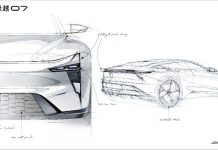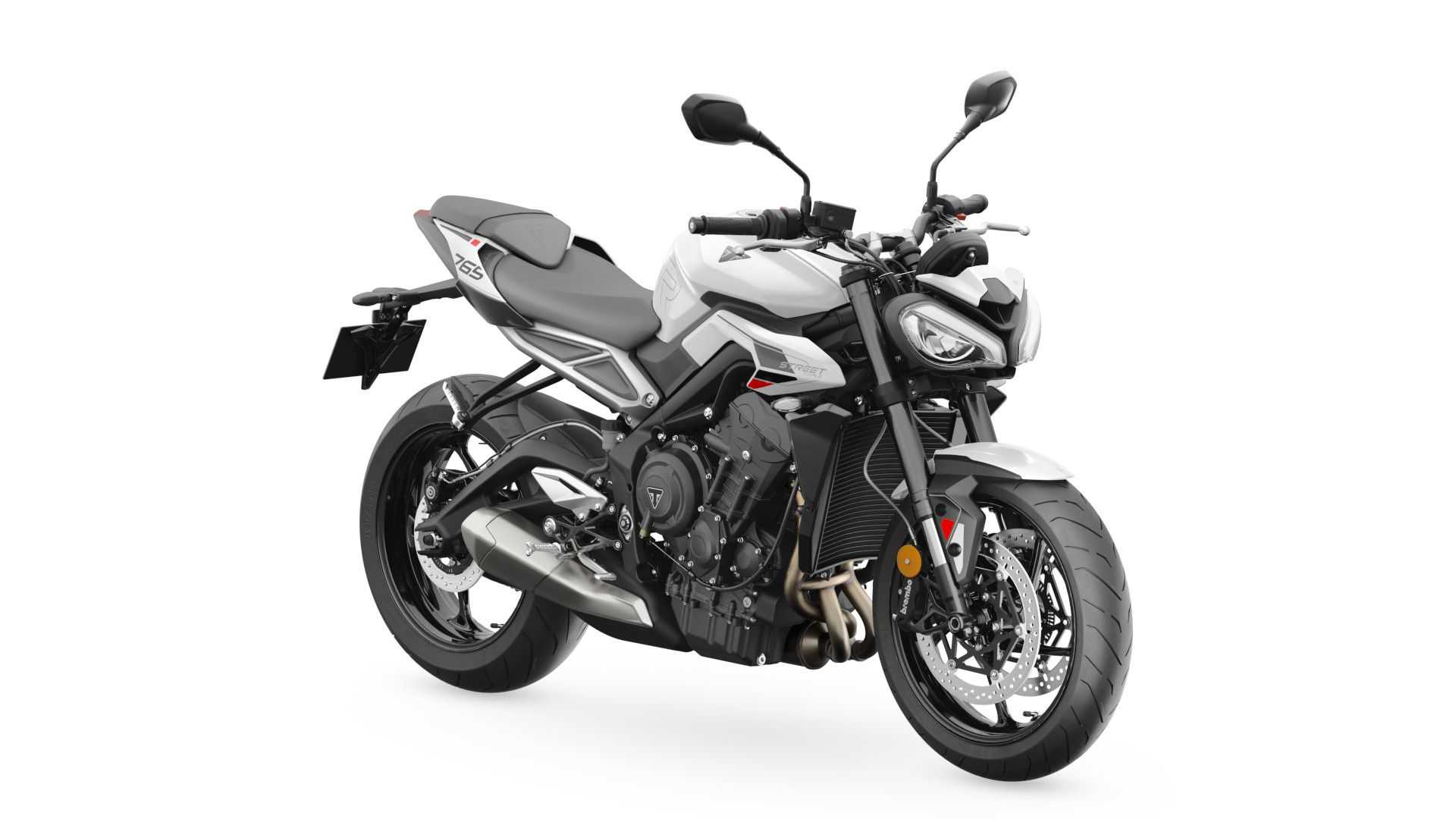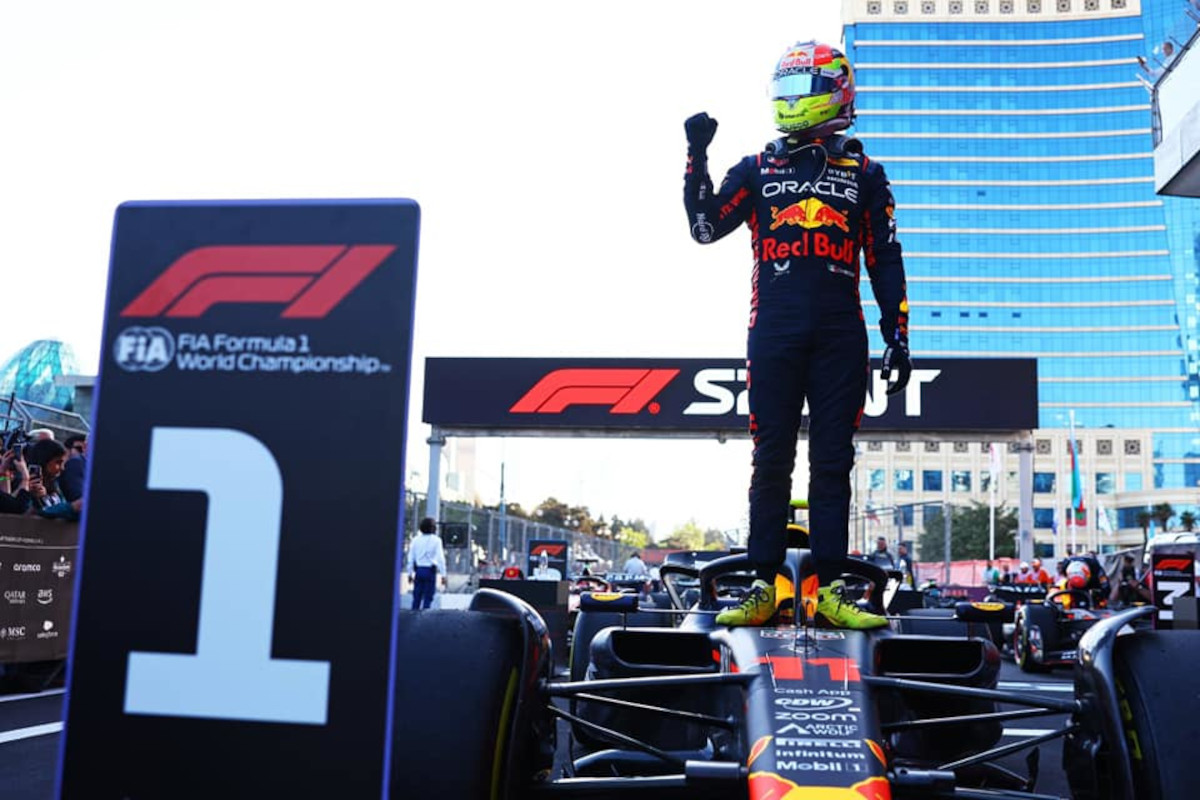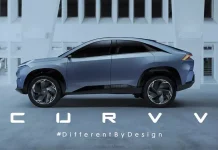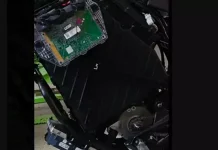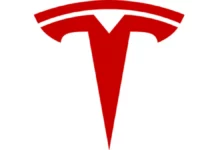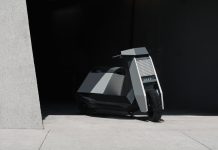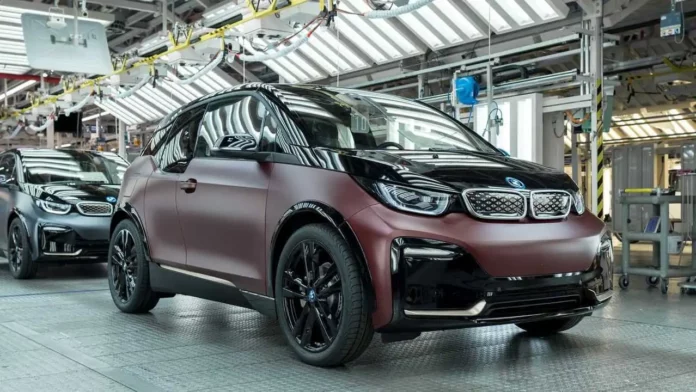BMW i3 successor
As the automotive industry accelerates towards a greener future, iconic brands are navigating the delicate balance between innovation and tradition. BMW, with its rich legacy of crafting the ‘Ultimate Driving Machine,’ found itself at the crossroads of this transition with the launch of the polarizing i3 electric vehicle.
Introduced as a bold statement to pioneer the electric market, the i3 both challenged expectations and broadened BMW’s horizons, attracting a diverse new set of enthusiasts. However, as the curtain closed on the i3’s production in 2022, it heralded not an end, but a transformative new phase for BMW’s electric journey.

Neue Klasse platform
In an exclusive revelation, BMW development chief Frank Weber charted the brand’s course for the future. The successor to the i3, he confirmed, would not only avoid the divisive aesthetics of its predecessor but would also herald the first of a new generation of electric vehicles under BMW’s ambitious ‘Neue Klasse’ platform. This new direction represents a pivotal strategy for BMW, signalling a commitment to electrification that respects the brand’s heritage while embracing the demands of modern mobility.
Here’s a breakdown of the key points and their implications for BMW and the broader automotive market:
- Avoiding Polarizing Design: BMW aims to steer clear of the controversy caused by the i3’s distinctive look, indicating a strategy that favours more conventional aesthetics. This shift suggests BMW is keen to appeal to a broader audience, possibly to enhance marketability and align its electric offerings more closely with consumer expectations and the brand’s identity.
- Direct Successor to i3: Confirming a direct successor to the i3 highlights BMW’s commitment to the compact EV segment. It suggests recognition of the growing EV market and the need to maintain a competitive presence in each segment, particularly at more accessible price points, which could be crucial for brand loyalty and attracting new customers.
- Neue Klasse Platform: The mention of the Neue Klasse platform is significant. It’s set to be the backbone of BMW’s future electric vehicles, highlighting a deep investment in electric mobility. This platform’s flexibility, allowing for the creation of a range of vehicles from compact models to more extensive ones, indicates a strategic move to streamline production, reduce costs, and potentially standardize the technology, making it easier to adapt and upgrade across different vehicle classes.
Longer Driving Ranges and Lower Battery Costs
- Enhanced Performance and Affordability: By emphasizing longer driving ranges, faster charging times, and a 50% reduction in battery costs, BMW is directly addressing some of the most significant consumer concerns around electric vehicles: range anxiety, charging convenience, and overall affordability. These advancements could substantially increase the adoption rate of BMW’s EVs.
- Production and Market Strategy: The decision to initiate production in Hungary and Munich reaffirms BMW’s commitment to its European base, potentially leveraging geographical advantages, such as proximity to key markets and supply chains. Furthermore, starting with models akin to the popular 3 Series and expanding the Neue Klasse range underscores a calculated market strategy, balancing between maintaining the brand’s luxury status and expanding into high-volume segments.
- Legacy of the i3: Despite its polarizing design, the i3’s success, evidenced by its nine-year production run and the sale of 250,000 units, demonstrates the viability of electric vehicles in the BMW lineup. The cult following it amassed could provide a foundational consumer base that is already favourable towards BMW’s electric innovations.
Conclusion
BMW’s strategy reveals an adaptation to the evolving automotive landscape, marked by a growing emphasis on electric mobility. The company’s approach suggests an understanding that future success will require a balancing act: blending brand tradition with innovation, addressing consumer concerns with electric technology, and offering a diverse range of vehicles that appeal to both existing enthusiasts and a new wave of eco-conscious consumers. This holistic strategy, if executed effectively, could solidify BMW’s position in the competitive EV market.




